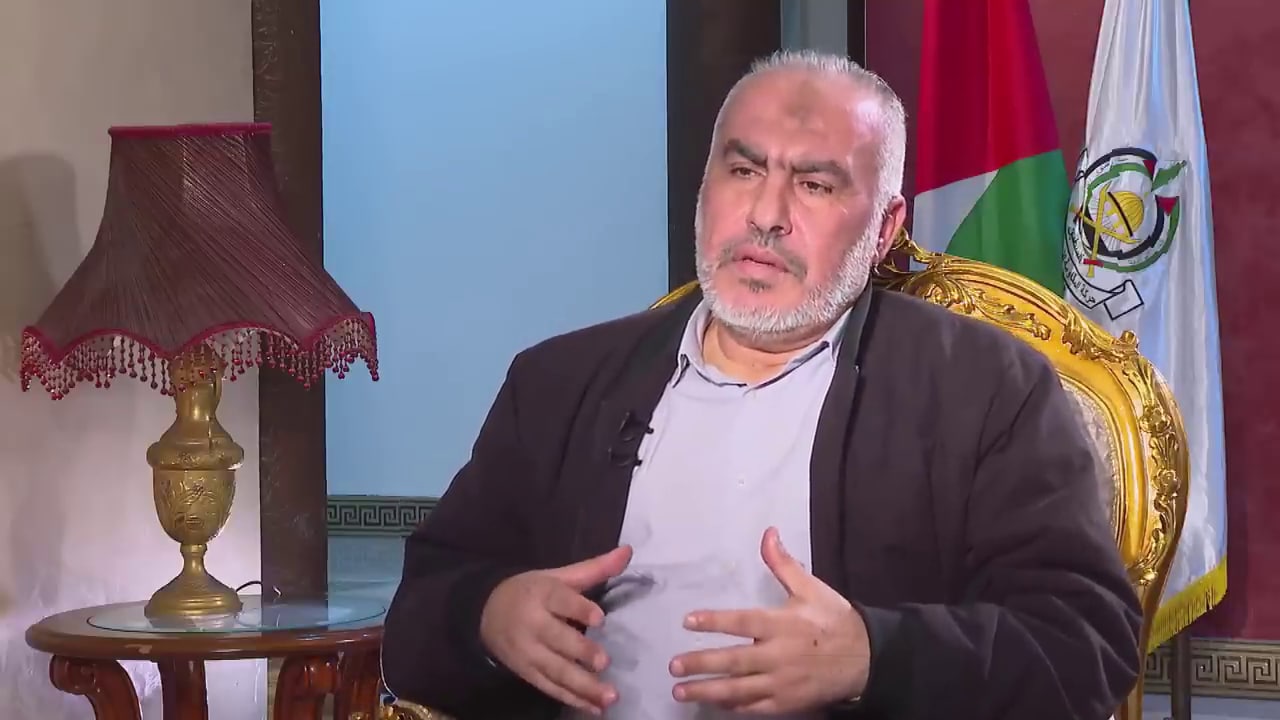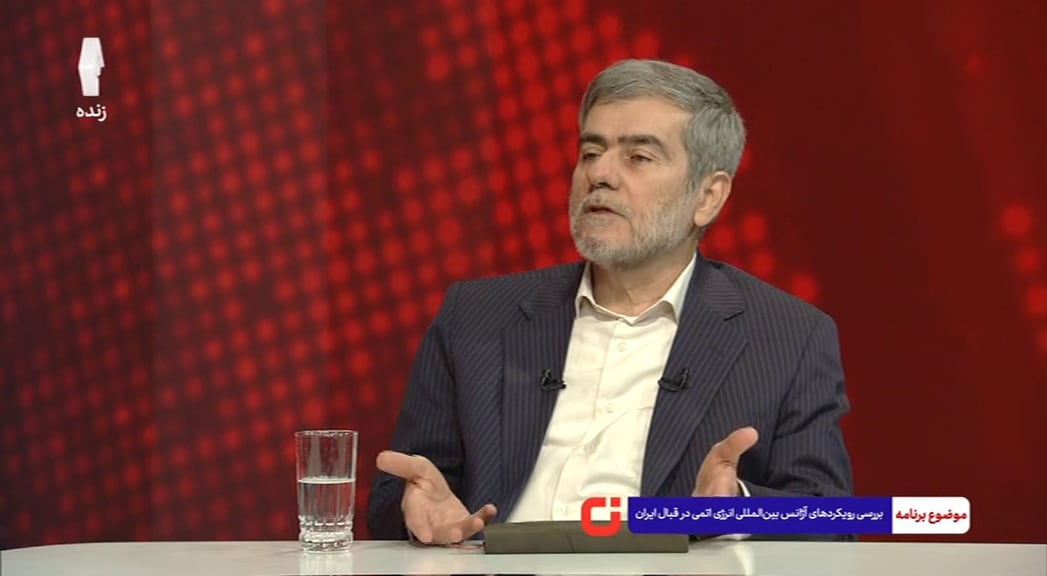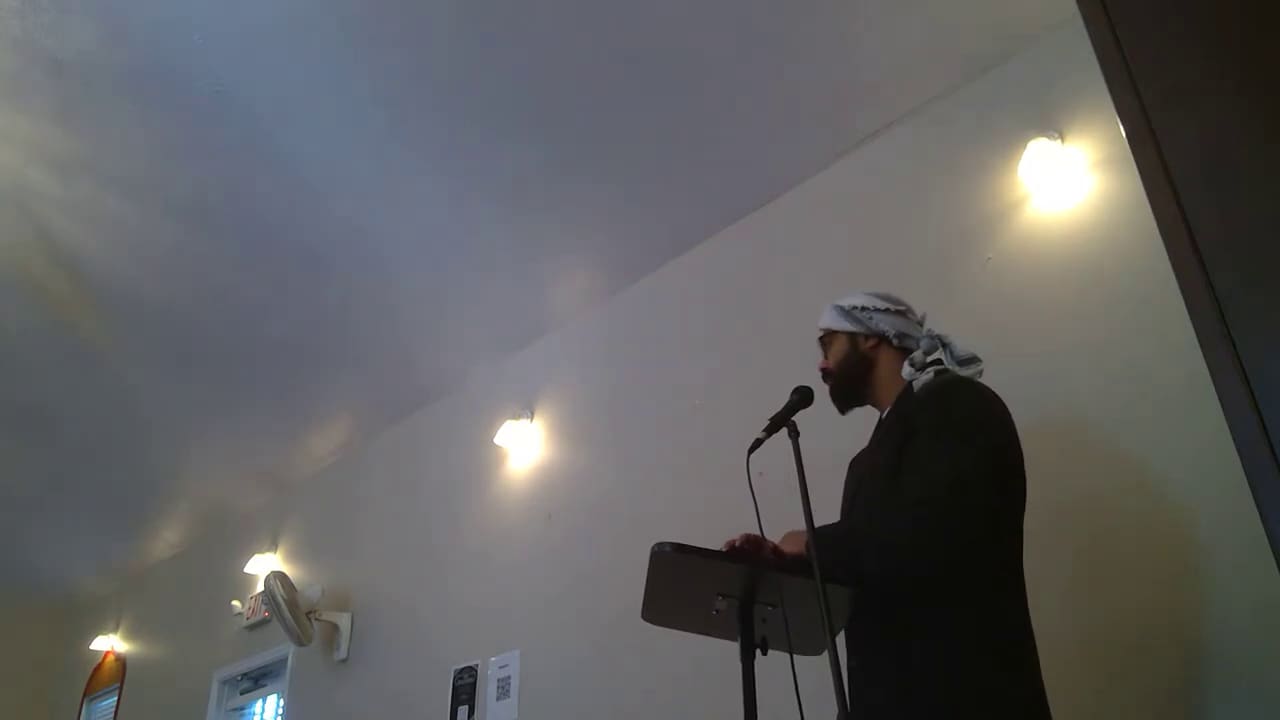
Following are excerpts from an interview with Dr. Ibrahim Al-Sinwar, a lecturer on Islamic history at the Islamic University of Gaza. The interview aired on Al-Aqsa TV on July 31, 2009.
Dr. Ibrahim Al-Sinwar: The claim that those who built Pithom and Raamses were persecuted is a lie. The archaeological finds have proven that they enjoyed rights and privileges, and that they did not suffer any injustice. Therefore, all the talk about persecution is incorrect. These are lies by the Jews, who have become used to not working, to being a burden on others. This has been part of their psychological makeup throughout their long history. They do not like to work. They like to have people working for them, and to receive the services.
In the modern era, an American philosopher, Benjamin Franklin, issued a strong warning to the US government, in its early days, about the presence of Jews in the US. He said to them: “If the Jews remain in the US, within 100 years – or 200 years, at most – the Jews will take control of all the economic resources of the country.” Then a Jews will be able to sit in the shade of a fruit tree in his garden, to sip a cup of coffee, to put his feet up, and wait for the Americans to come to him in the evening, in order to hand over to him the day’s earnings, and what they collected from working his land, which originally belonged to them. They will have become employees working for those Jews.
I don’t intend to go into all the details – some of which are incorrect, because that land is not the land of the Americans, who are themselves invaders and occupiers – but I would like to emphasize the warning about the mentality of the Jews throughout their long history. This is the mentality of people who like to have others work for them, and provide them with wealth, without any effort.
Therefore, when they were forced to work at Pithom and Raamses, making bricks to build the two cities, they viewed this as persecution. This is not true. This was merely construction work, playing an active role in the society in which they live – a society that has the right to force them to carry out this work.

















